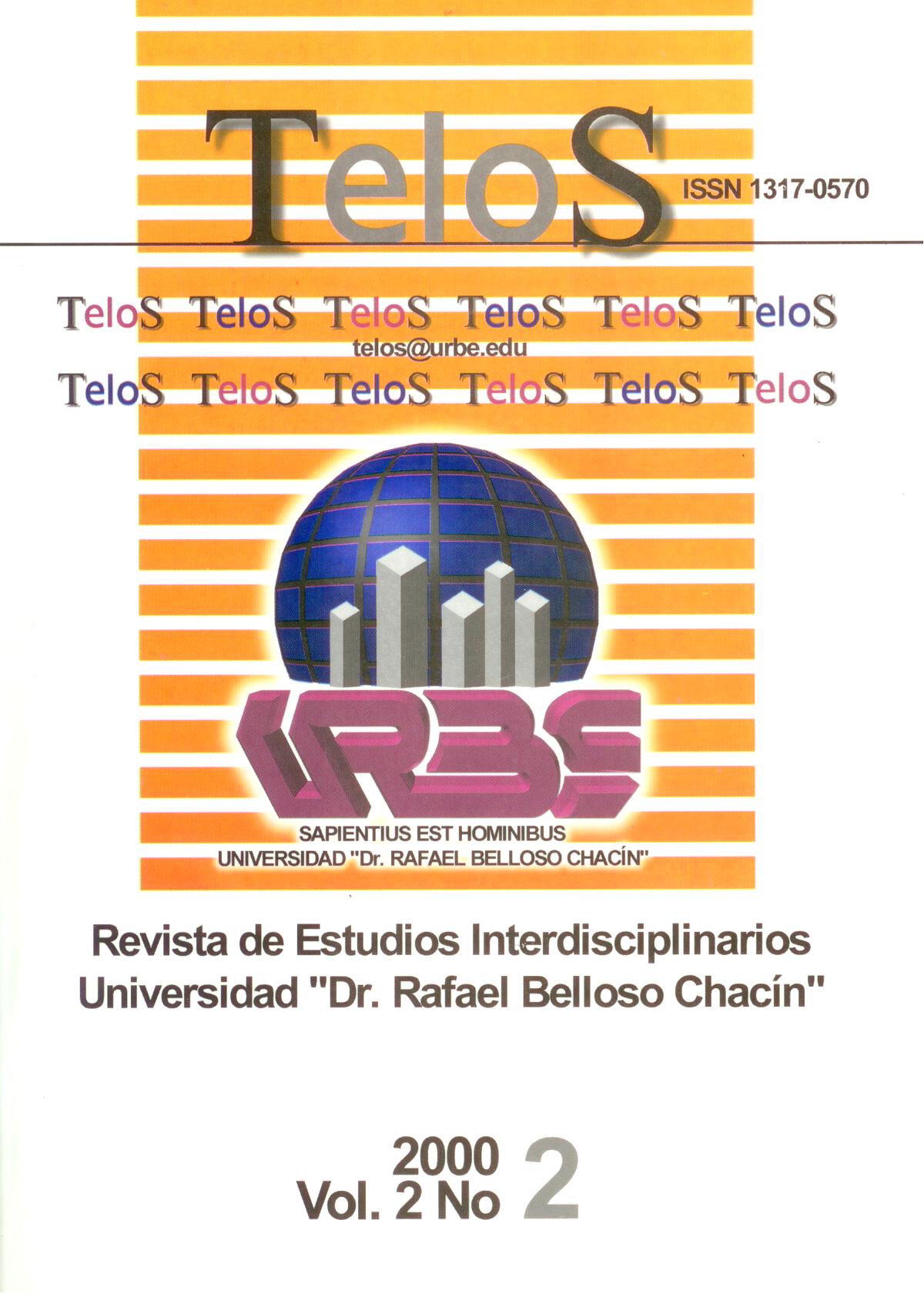Brain, Learning and Research: Connections
Abstract
The brain is the most important part of the human body for apprehending reality, it controls all the organs that have a connection with the external physical world (environment). For this reason, every person can have a fairly clear idea of what is happening around them through their sensory abilities – smell, sight, hearing, taste and touch. This natural and continuous process of knowing reality, through the five sensory organs, is called LEARNING. When the learning process focuses on a particular aspect of reality in a more elaborate way, through the use of scientific methods, it becomes scientific RESEARCH. The complicated functioning of the brain, therefore, plays a vital role in the learning process of human beings and in their process of investigating reality. The interconnections in the human brain would then have to do with the selection of the topic to be studied, the chosen research design, and the development of theories by the researcher.




